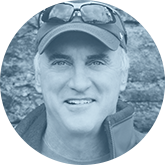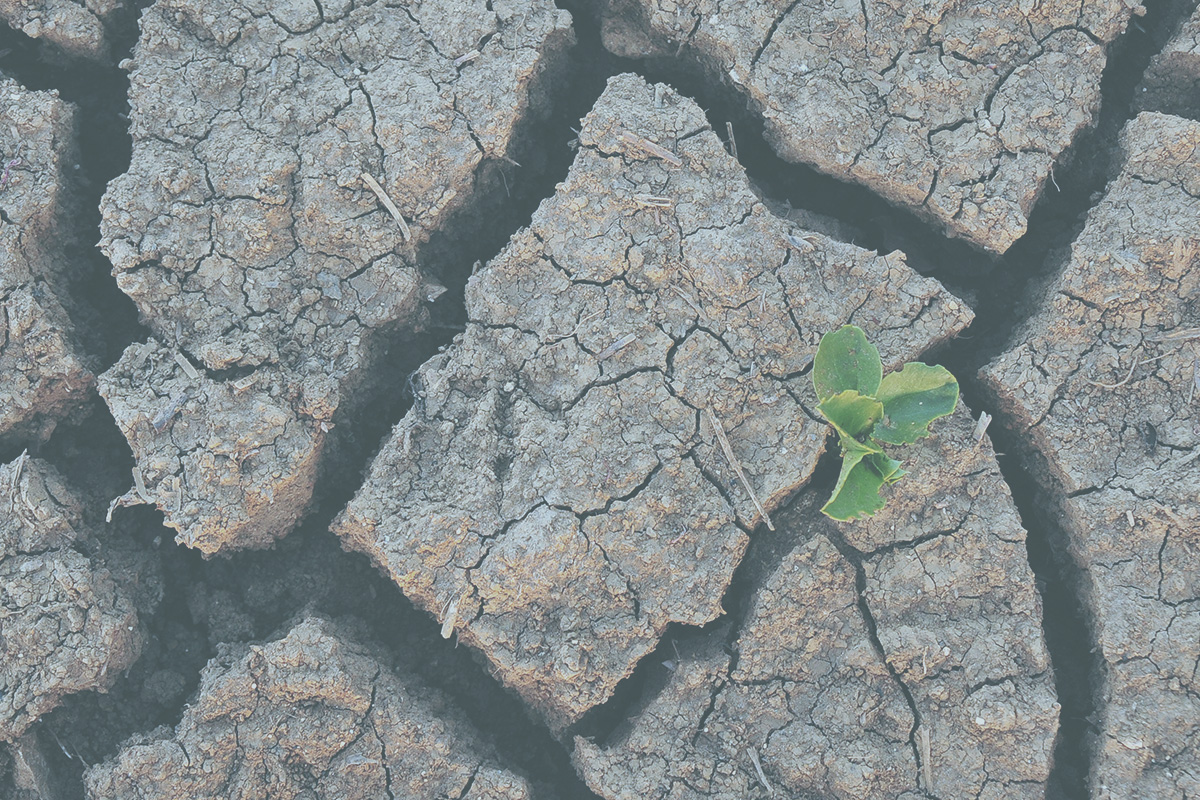It should come as no surprise that the spaces we occupy every day have a huge impact on our overall wellness. The Environmental Protection Agency and Vancouver Coastal Health report that Americans and Canadians spend about 90% of their time indoors. But what about the time we spend outdoors?
Your Welcoa membership has expired.
The Resilience Formula
Although we can go into each day hoping that everything will go smoothly, human suffering is inevitable. So instead of wishing that bad things would never happen, it is imperative that people learn how to be resilient through life’s challenges, especially when it comes to work. Polls suggest that over 40% of American workers find their jobs to stressful or very stressful and 21% of people polled say that their job is the # 1 stress in their life. Experts often refer to stress as the black plague of the 21st century due to the high association between stress and disease.
“If stress is the black plague of our century, resilience is the antidote.”
In today’s world of constant change and tremendous uncertainty, it behooves us all to flex our resiliency muscles and stay above the fray. It is often said that the most desired by many is often the hardest to achieve. Fortunately, experts like Brian Luke Seaward Ph.D. have dedicated their careers to finding solutions for helping others learn to cope with stress so they can move on to achieve their highest human potential.
Here are a few tips from Dr. Seaward that can help you strengthen your resilience muscles.
Put Things in Proper Perspective
When times are tough, we can become blinded by stress, which complicates things considerably. Negativity can become a downward spiral that only perpetuates more stress. So, it’s time to look up. It’s time to take off the blinders that encourage fear and frustration and take stock of your assets. It is also time to put a positive spin on a bad situation. First, list ten things you are grateful for (e.g., your health, your eyesight, your sense of humor). Write them down. Next, list 10 things you take for granted (what would you miss terribly if you didn’t have it?) Next, what do you have going for you? List these qualities too. Finally, post these 3 lists where you can see them every day. Make it a habit to focus on the positive. A positive attitude is the wind beneath your wings.
Strengthen your Support Group
No man (or woman) is an island. We all need friends. Good friends. Real friends. Not just Facebook friends, but real people you can call on the phone, meet up for coffee/tea/whatever, look square in the eyes, and bear your soul. Today the high tech world is leaving many people isolated and alienated (and hence depressed). A large part of resiliency is self-reliance, but an important part is connections and support groups. We need both. How strong is your support group? What can you do to strengthen it? Make a plan to make friends with one new person this month. Invite someone out for coffee or a beer, or go or a walk. Or perhaps just sit and talk and laugh. Perhaps it’s someone at work. Perhaps you start going to an Alanon meeting. Perhaps you meet someone at the golf course or swimming pool. Find someone in the next few months that you have something in common with, invest some time and to bring into your circle of friends.
Vitamin H
Find 1 Humorous Thing a Day. Humor is on everyone’s list of resiliency assets, and it should be on yours too. Some people call it Vitamin H, and essential nutrient of the soul. Without a doubt, humor is an essential skill in coping with stress of any kind. Comic relief takes the sting out of a bad situation. Humor, however, doesn’t come looking for us, we have to go meet up with it. First comes an attitude that there are funny situations and events in life to appreciate (There ARE!) From irony and slapstick to double entendres and self-deprecating humor; humor is out there—everywhere! Start looking. Second, start a tickler notebook, a collection of your favorite jokes, jpegs, birthday cards, Christmas cards, comic strips (e.g., Calvin and Hobbes), etc., ANYTHING that makes you smile and laugh. Pull it out when you might be having a bad day to restore your emotional levity. Have you had your Vitamin H today?”
Want to bring this article and more like it to your employees while encouraging them to move more, support their coworkers, set goals and engage in some friendly competition? Consider enrolling your organization in WELCOA’s employee-facing Life On the Move program today. Each month in the program features a new health topic and weekly articles written by experts in the field.
About the Author

Brian Luke Seaward, Ph.D. is regarded as one of the foremost experts in the field of stress management, corporate wellness programming and a pioneer in the field of mind-body-spirit healing. He has authored more than 16 books, including the classic best sellers, Stand Like Mountain, Flow Like Water, The Art of Calm and Stressed Is Desserts Spelled Backward. Additionally he has authored The Road to Wellness and A Good Night’s Sleep for WELCOA. His corporate clients include Hewlett Packard, Procter & Gamble, Conoco Oil, Motorola, Quaker Oats, John Deere, BP-Amoco, Blue Cross/Blue Shield, Maxtor-Seagate, Organic Valley Dairy, US ARMY, and many others. A very popular motivational speaker and TEDx speaker, Dr. Seaward has presented at hundreds of conferences across the country and beyond. The wisdom of Brian Luke Seaward can be found quoted in PBS specials, college lectures, medical seminars, boardroom meetings, church sermons, keynote addresses, and graduation speeches all over the world. He is the Executive Director of the Paramount Wellness Institute in Boulder, CO. Dr. Seaward can be reached via his website, www.brianlukeseaward.net.




